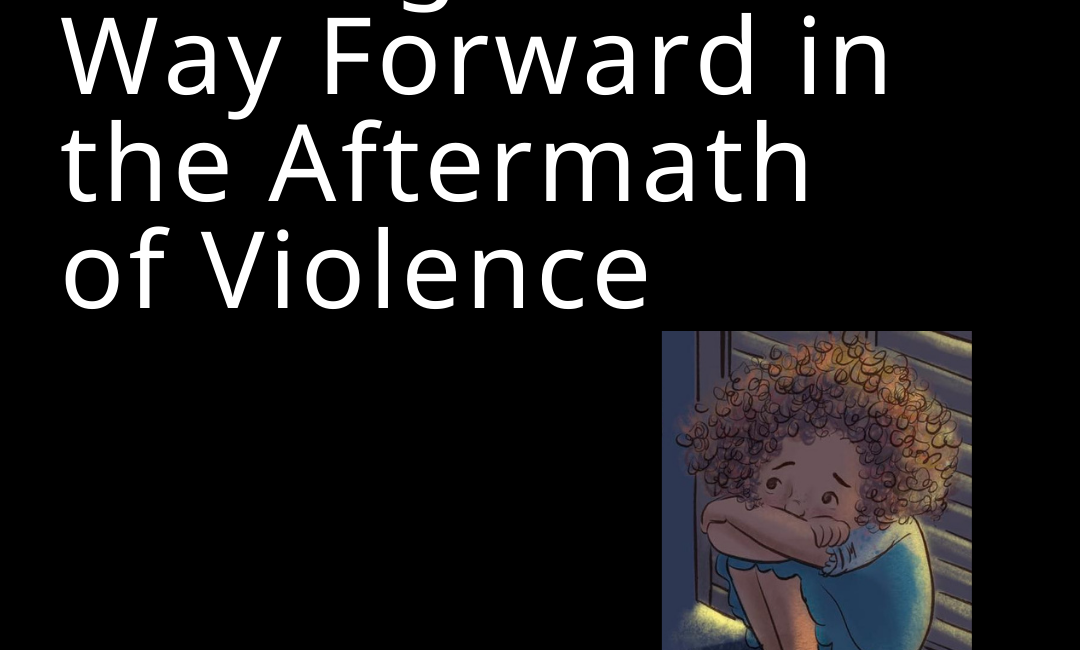I was feeling grumpy about a minor inconvenience when I heard the tragic news out of Uvalde, Texas. And this on the heels of the horrific hate crime in Buffalo on Saturday…
As a mom, I just wanted to pull my babies close and weep for the parents who were learning that they would never get to do that again.
As a therapist, I want to have open office hours for all the grief and rage and despair brought on by these tragedies and so many more happening all around the world.
As a U.S. citizen, I want to learn what legislation I can support and donate and write letters to get common sense gun control in this country.
As an educator of educators, I want to create a safe space for teachers, counselors, administrators, and other school staff to process not only this latest tragedy, but also the tremendous stress and upheaval of the last few years.
As a human, I want to curl up in a ball and scroll on my phone and hope someone else comes up with solutions, maybe while I watch an episode of Schitt’s Creek.
My mission is to equip adults and empower kids in the aftermath of trauma
But there’s just been so. much. trauma.
The human brain’s natural response to traumatic stress is to flip into survival mode, that fight/flight/freeze response found in the downstairs brain. That might look like:
- Having a short temper
- Difficulty concentrating
- Irritability
- Low mood
- Distractibility
- Feeling numb
- Isolating from others
- Shutting down
You might feel it in your body as headaches, fatigue, or an upset stomach. Digestion, breathing, and blood flow are all interrupted. Our bodies are responding like the stressed mammals that we are, and the downstairs brain tries to run the show. But we are dealing with complex human problems. You need your big, human upstairs brain (that creative, connection-seeking prefrontal cortex) to help you find innovative solutions.
Complete the Stress Cycle
A growing body of research, brilliantly described by Drs. Amelia and Emily Nagoski in their book Burnout, shows that completing the stress cycle can help our bodies let go of some of the stressors around us. This is more important than ever in the age of social media and the 24-hour news cycle.
Here are a few ways you can help your body make its way through this stressful time. Can you pick one to try right now and one to do in the next day or two?
- Deep breathing – Here’s a simple one you can do with your kids too.
- Physical connection – Even just a long, strong hug (about 20 seconds according to the research) or some snuggle time with a pet can trigger the release of the yummy bonding hormone oxytocin, which sends safety signals to the rest of your body.
- Social connection – Say hi to another human…at the grocery store, in the hall at work, call a friend. It’s a powerful reminder to your upstairs brain that you are not alone with the weight of the world
- Laughter – Those big belly laughs, especially when we share the joy with a friend or loved one, release all kinds of happy chemicals. So maybe me watching Schitt’s Creek isn’t the worst thing I can do…as long as it’s not the only thing I do.
- Crying – SUCH an important physical and emotional relief in a time of grief and overwhelm.
- Physical activity – Dance in the kitchen, chase your kids around the playground, or go for a walk or run or swim. Even stomping your feet and screaming or punching your pillow can help!
- Creativity – Make something. Do you like to knit, paint, bake, sing, write, doodle, or garden? Creative endeavors give us the chance to celebrate and move through our big emotions.
Next Steps
With a little renewed connection to the upstairs brain, you might be ready for next steps. Here are some resources to help.
Are you grieving and feeling powerless?
Try this mindful exercise or this brain hug.
Need some help sorting through your feelings?
Press Pause with this guided reflection activity or learn how you (and your kids) can “Name It to Tame It.”
Not sure what to say to the kids about the sad and scary stuff in the news?
Read this helpful article highlighting not only what to say, but why it’s important. Increasing our kids’ emotional intelligence and creating safe, open lines of communication can help prevent future tragedies.
Feeling like ENOUGH IS ENOUGH with all this gun violence? Want some common sense legislation passed to help protect innocent lives?
Posting about it on social media won’t create change. Join 8 million mayors, teachers, survivors, gun owners, students, and everyday Americans at Everytown for Gun Safety to learn how you can be part of the solution.




